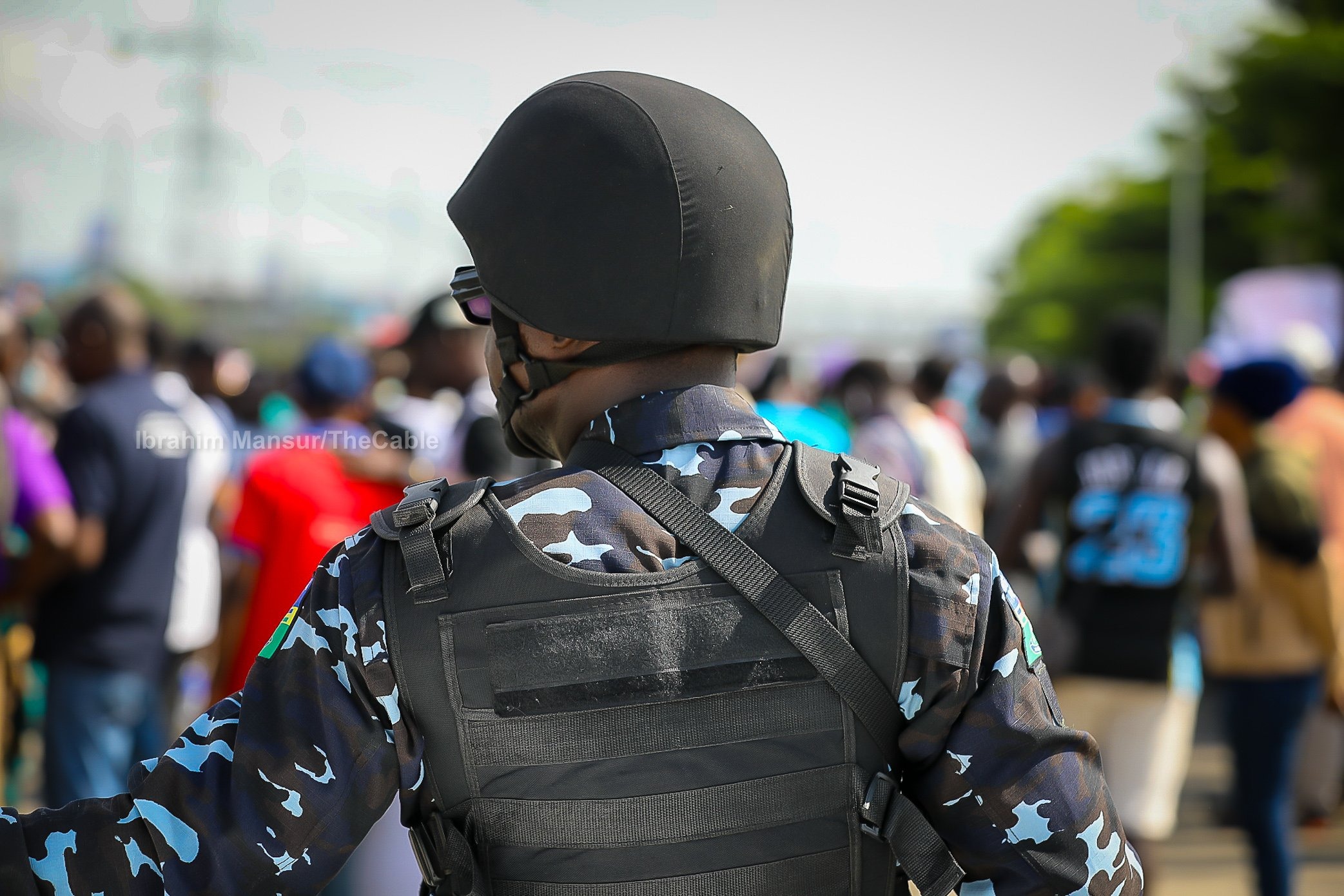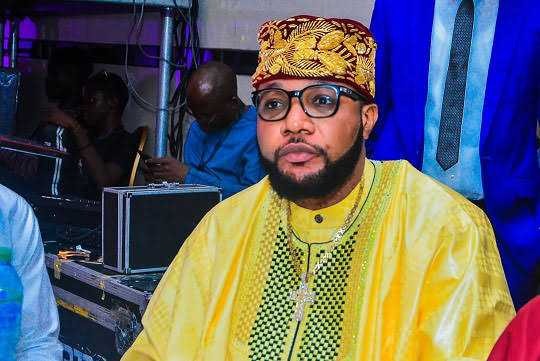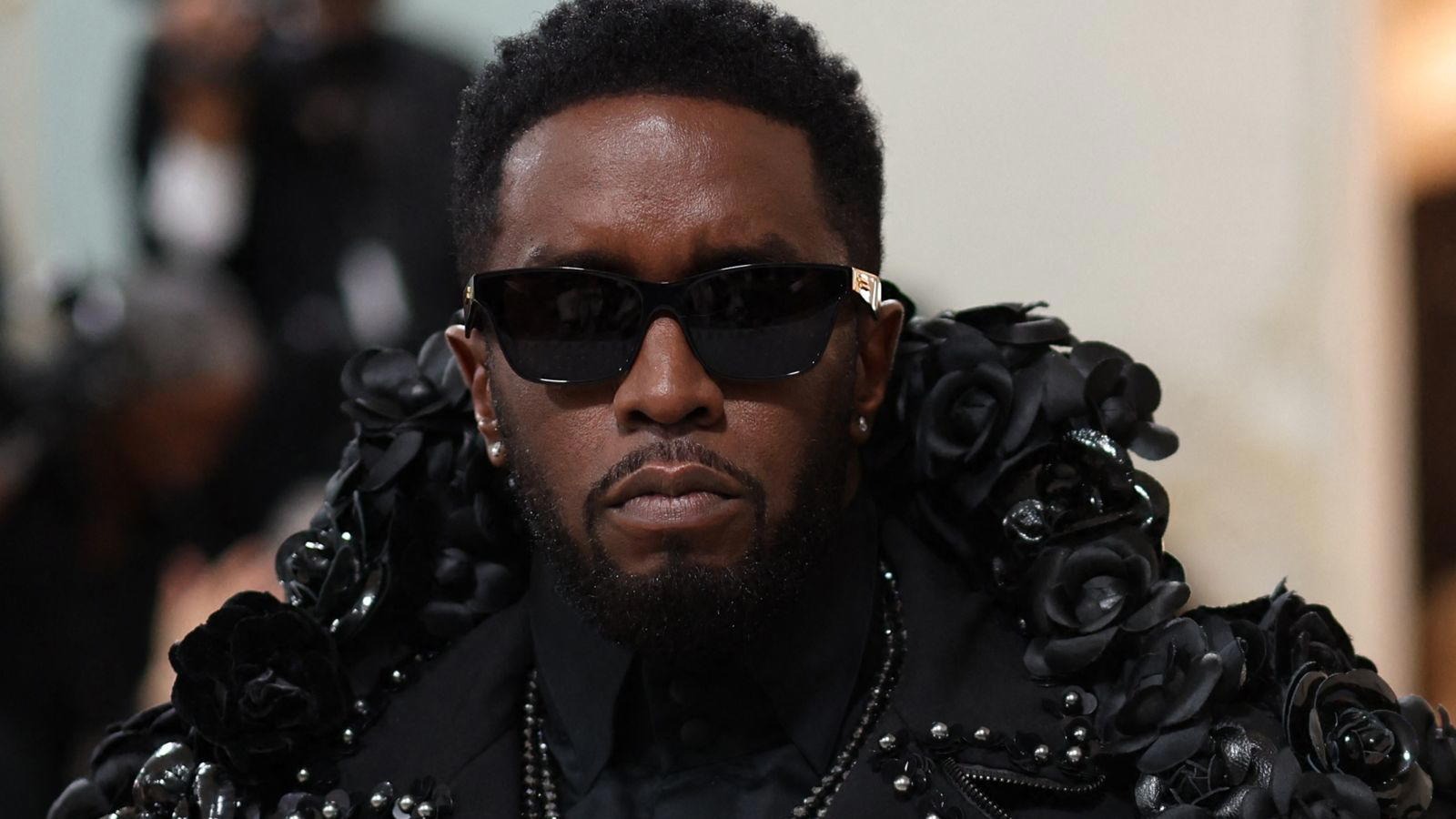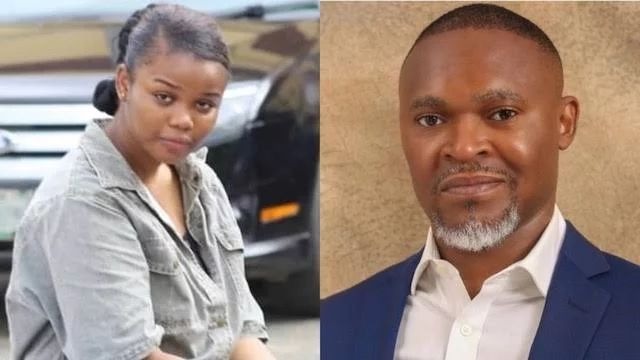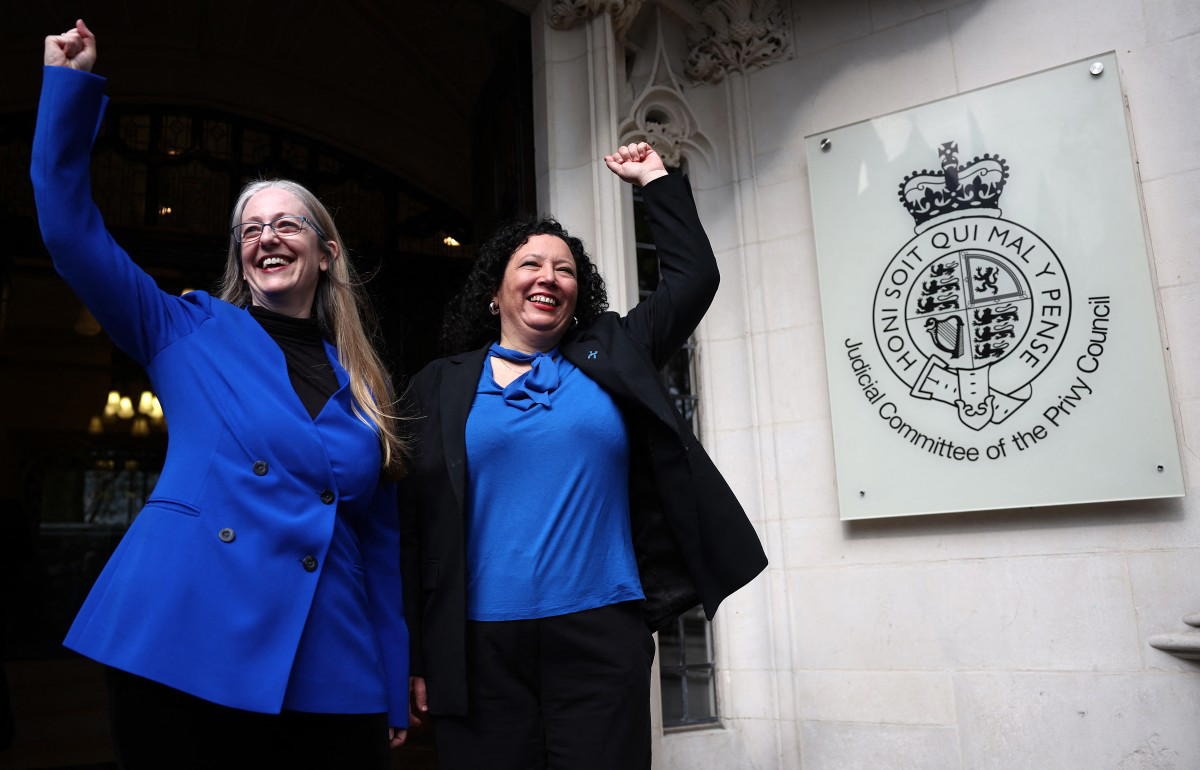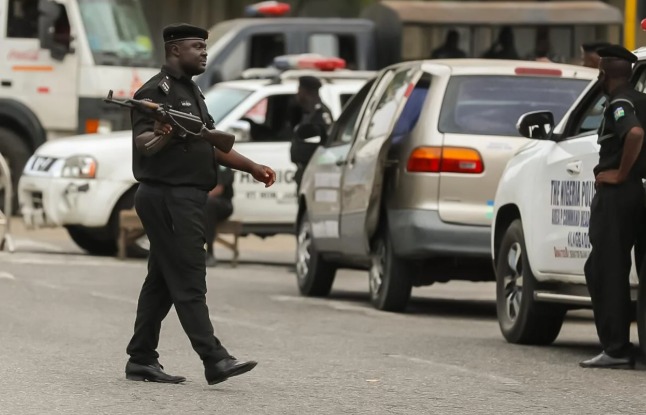The Nigeria Police Force disclosed on Saturday that it’s National Cybercrime Centre (NPF-NCCC) has arrested one Dauda Samuel, a 28 year old male, for his alleged involvement in the Nigeria Police Force recruitment scam, computer-related fraud, and identity theft. A statement by Force Public Relations Officer, ACP Muyiwa Adejobi said the arrest followed credible intelligence …
